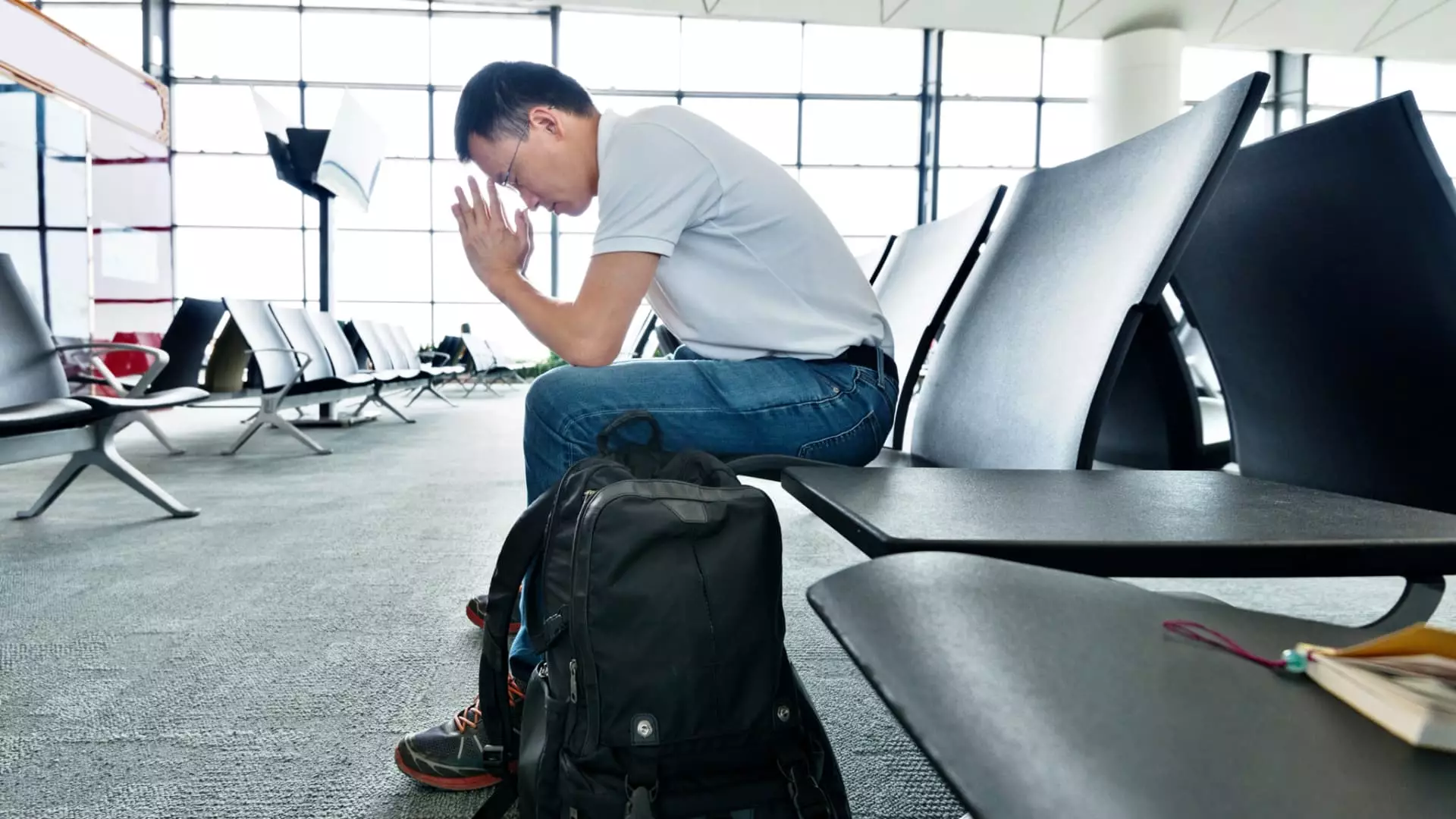Japan Airlines and All Nippon Airways have recently implemented new policies to combat customer harassment towards airline staff. These policies aim to address the rising instances of verbal and physical abuse faced by frontline workers in various industries in Japan. The airlines have outlined specific behaviors that constitute harassment, such as abusive language, threats, assault, and discrimination. This move comes in response to the need for clearer standards in handling customer interactions, as stated by ANA’s vice president of CS promotion, Yoshiko Miyashita.
In addition to updating their policies, Japan Airlines has mandated harassment training for their employees. This training includes guidelines on how to respond quickly and appropriately to malicious behavior. The airline has also emphasized the importance of aftercare support for the physical and mental well-being of their staff. Both Japan Airlines and ANA have warned that travelers who engage in harassment will face consequences, such as denial of boarding and police involvement.
The United States has seen a significant increase in air rage incidents, particularly related to face mask compliance, during the pandemic. However, despite the surge in incidents, there is still more work to be done to address this issue. In contrast, Asian airlines, including those in Japan, have not experienced the same level of air rage incidents as their Western counterparts. This could be attributed to the cultural norms of politeness and patience in countries like Japan.
While incidents of customer harassment may be less frequent on Asian airlines, they are not entirely immune to such behavior. Recent incidents in Japan, such as a passenger causing a delay by berating airline staff or an intoxicated passenger biting a flight attendant, serve as stark reminders of the challenges faced by airline employees. Despite Japan’s reputation for politeness and patience, airline staff still encounter difficult situations.
In response to the increasing instances of customer harassment, municipalities and companies in Japan are taking stricter measures to protect their employees. Some local governments have started removing employees’ names and photos from their name tags to prevent the leakage of personal information online. These measures aim to safeguard the privacy and safety of frontline workers in the face of escalating incidents of harassment.
The implementation of customer harassment policies by Japan Airlines and All Nippon Airways is a step in the right direction to address the growing issue of abuse towards airline staff. By providing training, support, and clear consequences for harassers, these airlines are taking proactive measures to ensure the safety and well-being of their employees. As the airline industry continues to navigate the challenges posed by unruly passengers, it is essential for companies to prioritize the protection of their frontline workers.


Leave a Reply